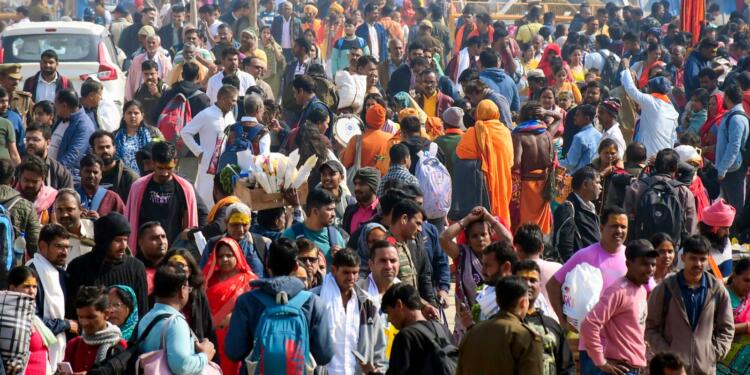For years, the idea of a nationwide caste-based census was seen as a demand championed by the Opposition—especially regional parties like the Rashtriya Janata Dal, Samajwadi Party, Dravida Munnetra Kazhagam, and even the Congress. But in a surprising shift, the Narendra Modi-led central government changed its tone on the issue. What once looked like a dividing line in Indian politics may now become part of the ruling Bharatiya Janata Party’s broader governance agenda.
This change isn’t just symbolic—it could reshape how parties talk about social justice, welfare, and political representation across the country.
India hasn’t conducted a full caste-based census since 1931. As a result, governments and policymakers have relied on outdated estimates to design schemes and reservations for Other Backward Classes (OBCs) and other communities.
India’s decennial census is one of the largest administrative exercises in the world, used to gather crucial data that shapes government planning and policies. However, the 2021 census was postponed indefinitely due to the COVID-19 pandemic. The upcoming census will now serve as the first comprehensive demographic update in 16 years.
Preparation for the census is already underway, with a dedicated committee to be formed by August 2025 and enumerator training expected to follow. The entire exercise is projected to take around 18 months, with final data expected by early 2028. While the inclusion of caste data has generated debate, the government has emphasized privacy safeguards and the importance of accurate data for better governance and social equity.
Regional leaders, especially in states like Bihar and Tamil Nadu, have long argued that updated data is essential to ensure fair distribution of resources and political power. In 2023, Bihar took matters into its own hands by conducting a state-level caste survey, which revealed that OBCs and EBCs make up over 60% of its population.
That report reignited the debate at the national level—and put pressure on the Modi government to take a position.
From Resistance to Reframing: BJP’s Changing Strategy
Until recently, the BJP often avoided supporting a full caste census. Some of its leaders feared it could deepen caste divisions or hurt the party’s image as a unifying force across Hindu groups.
But now, there’s a noticeable shift.
Prime Minister Narendra Modi and BJP acknowledging the value of better data to support targeted welfare schemes. Instead of rejecting the caste census outright, the government is now planning to use it as a development tool.
This approach has now ensured that the BJP takes away a key Opposition issue and repositions the BJP as a party that acts on data, not identity. It also keeps the focus on delivery of schemes, not just identity politics.
Why This Move Is Politically Smart
By taking over the caste census narrative, the Modi government is doing more than just ticking a policy box. It’s making a smart political move that could pay off in future elections.
Parties like the RJD, SP, and Congress have used the caste census to push for greater reservations and representation. If the BJP leads the process nationally, it undermines their monopoly over this issue.
Expanding Its OBC Appeal
BJP already has strong support among non-dominant OBC groups in states like Uttar Pradesh and Bihar. Fresh data would help the party fine-tune its outreach, ensuring that more backward communities see themselves represented in policy and power.
Controlling the Narrative
If the central government oversees the census, it can decide how the data is used—for example, in targeting welfare schemes or job programs—rather than letting regional parties frame it solely as a demand for more quotas.
This shift reflects a broader trend in Indian governance—data is power. Whether it’s Aadhaar, digital welfare delivery, or now caste enumeration, governments are increasingly using data not just for policy, but also for political positioning.
A caste census, done under the Modi government’s watch, could become a powerful symbol: a promise to deliver not just based on who you are, but on what the data says you need.
More Than Just Numbers
By embracing the idea of a caste census, the Modi government is turning what was once an Opposition rallying cry into a potential tool of governance and political strategy. The BJP isn’t just responding to pressure—it’s redefining the conversation.
The outcome of this shift could influence not just welfare policies or reservations, but the very nature of how identity and development interact in Indian politics for years to come.
























